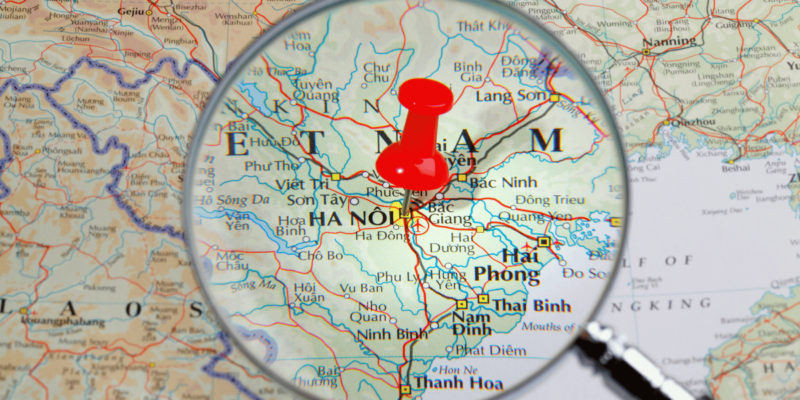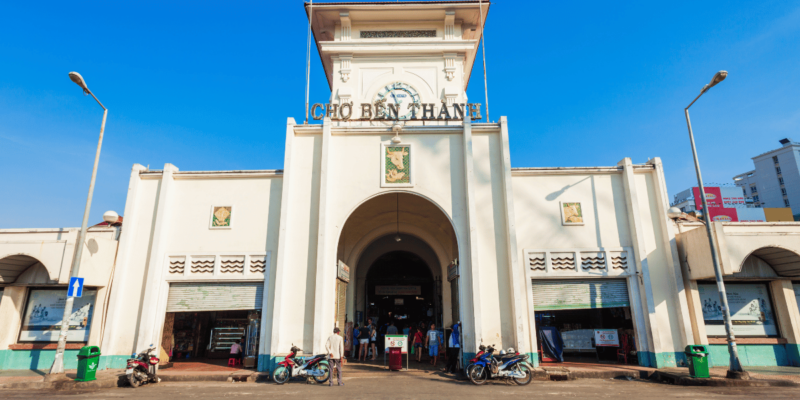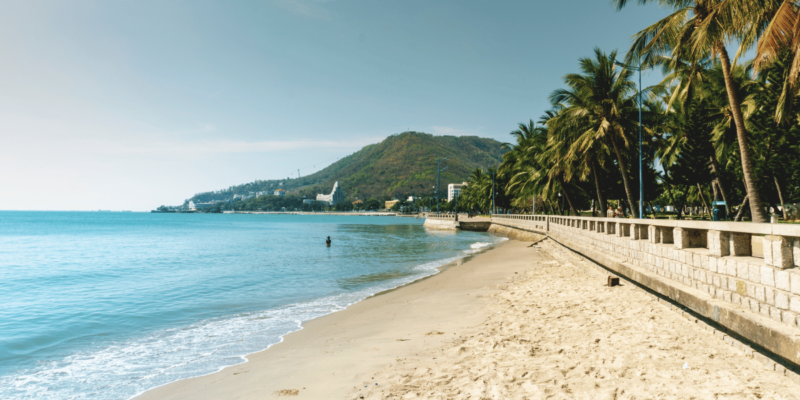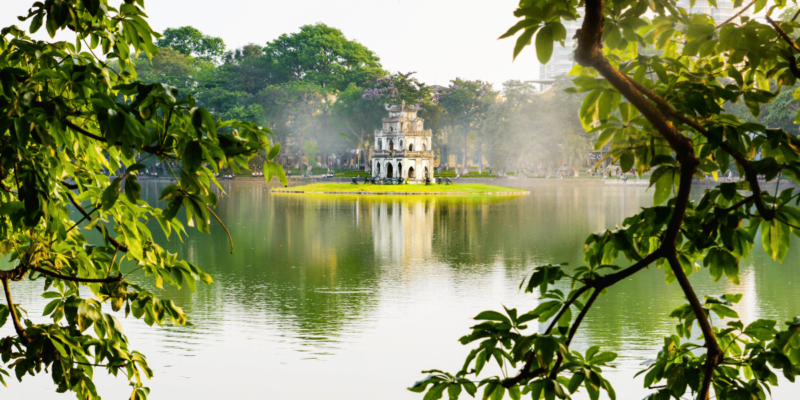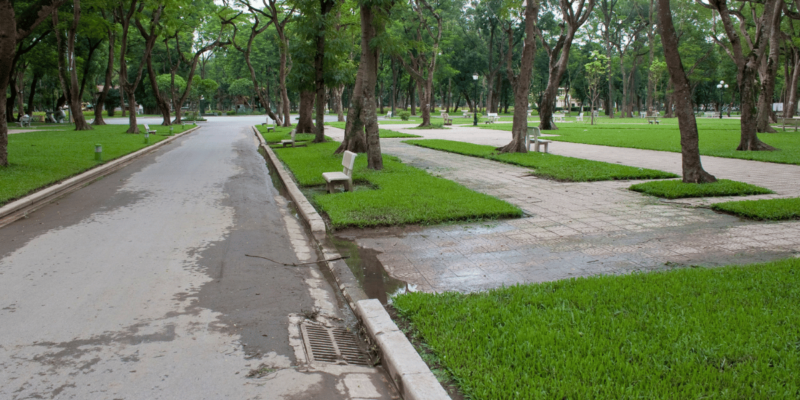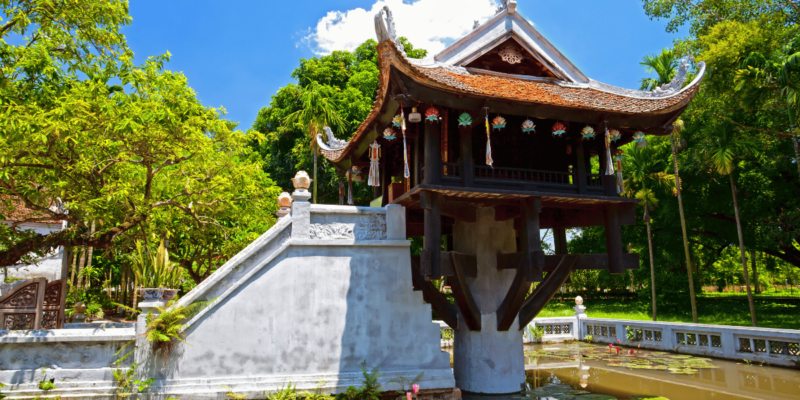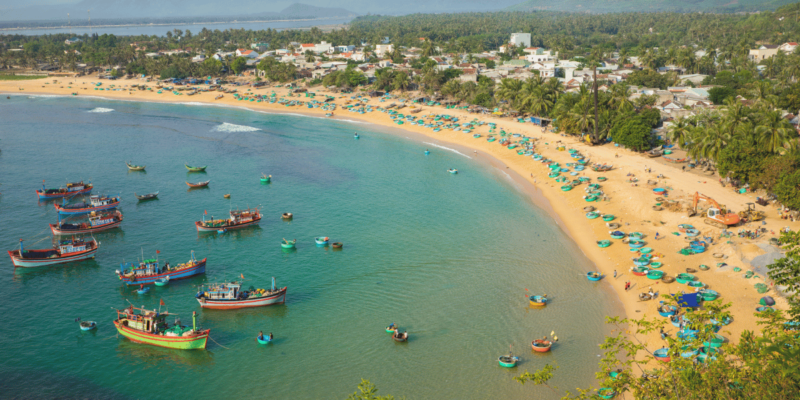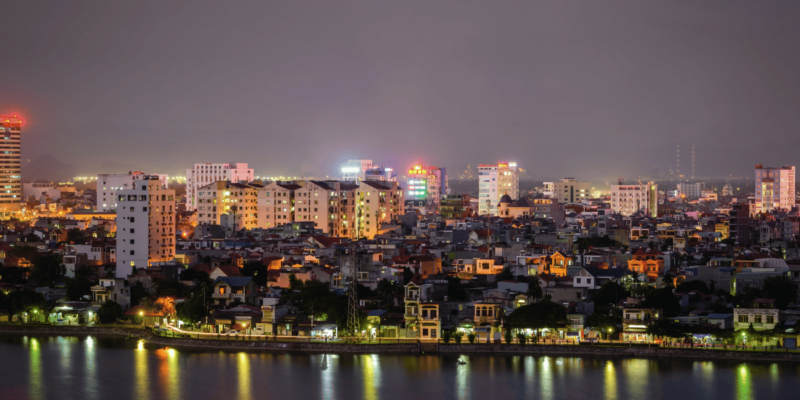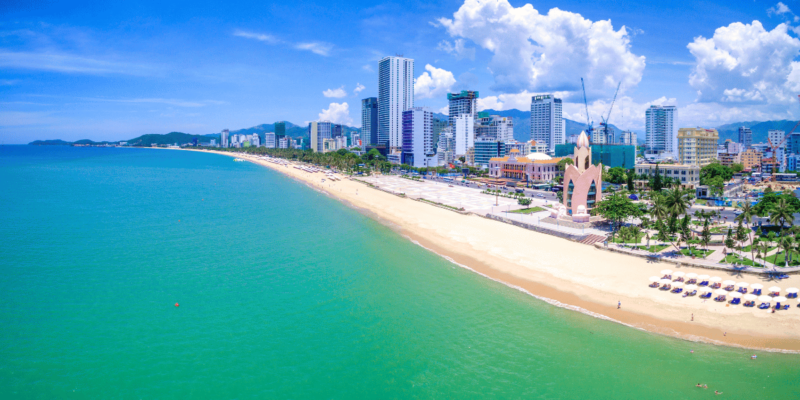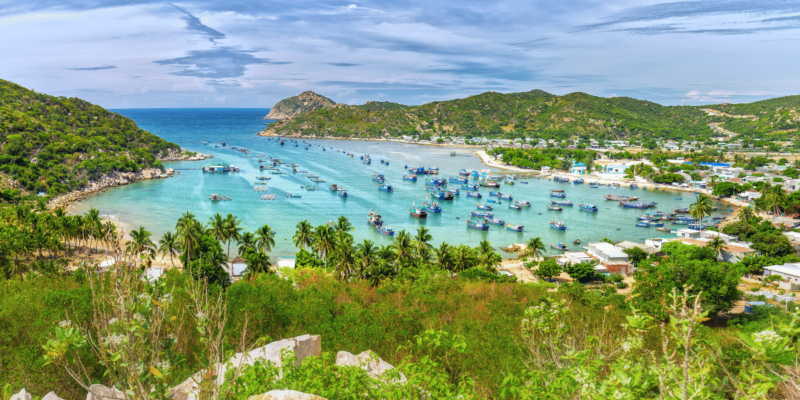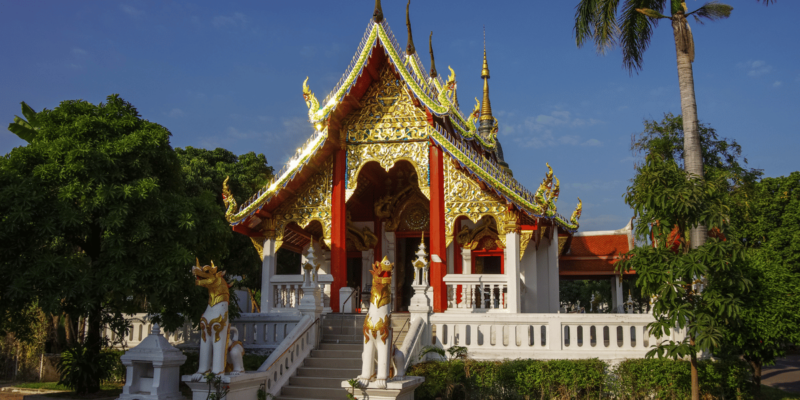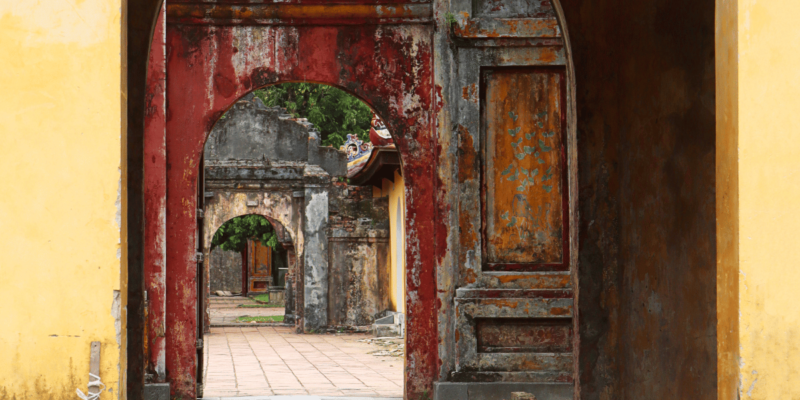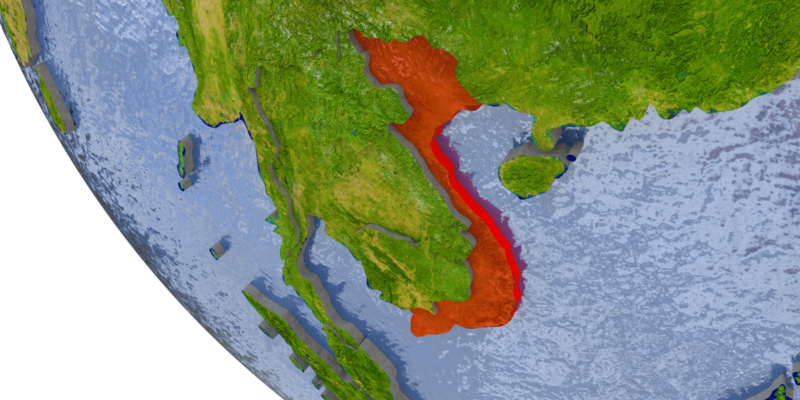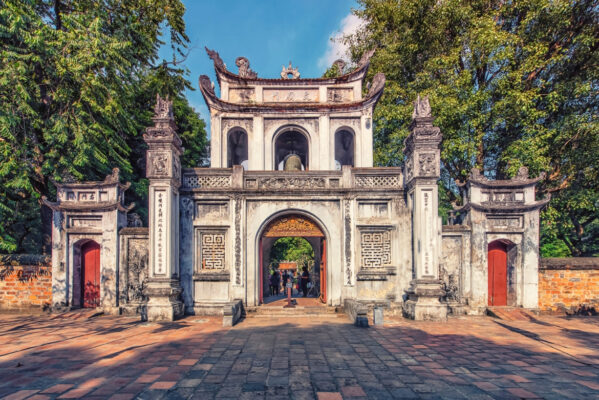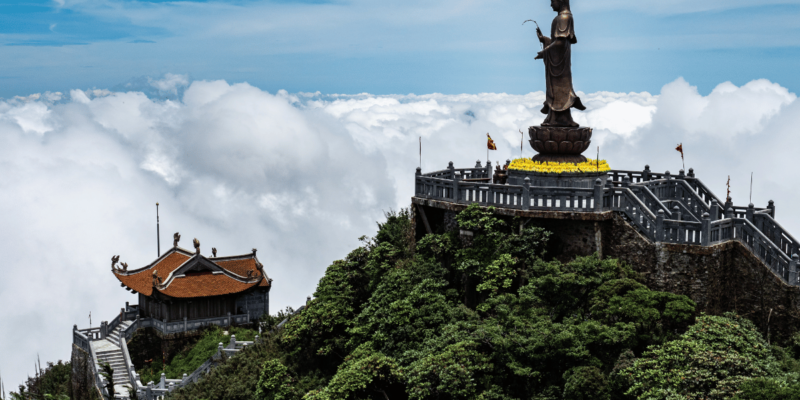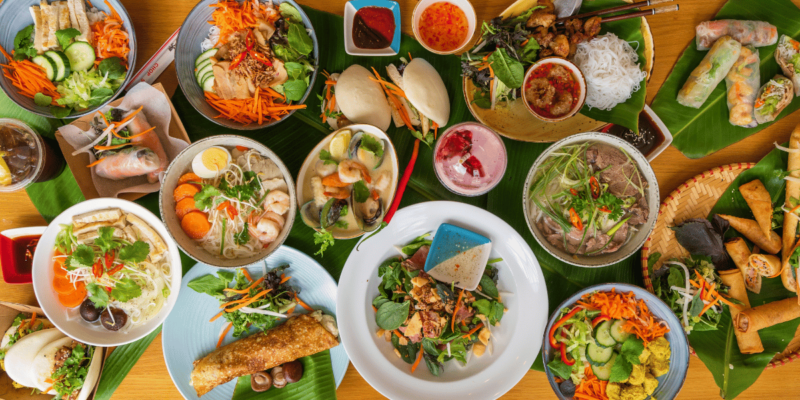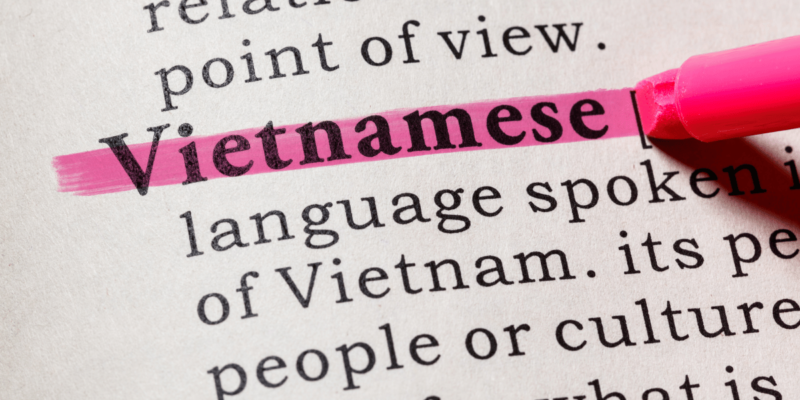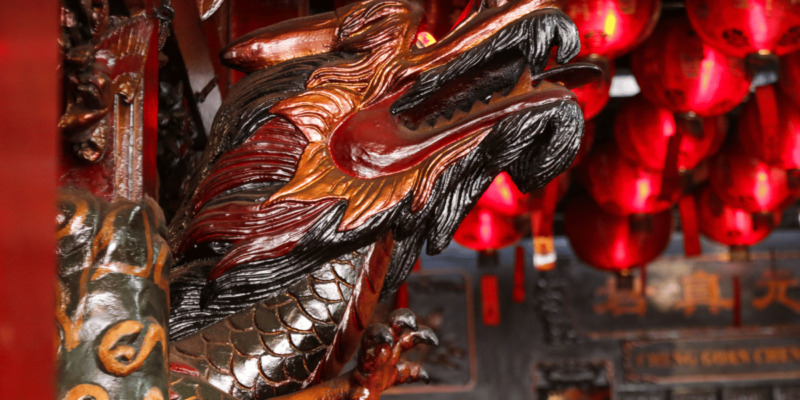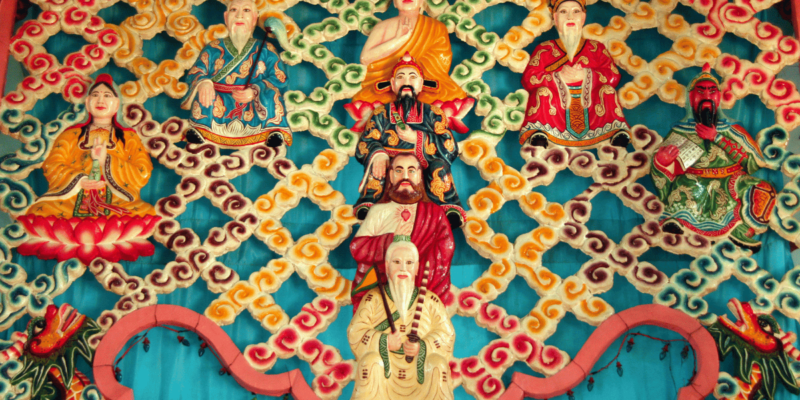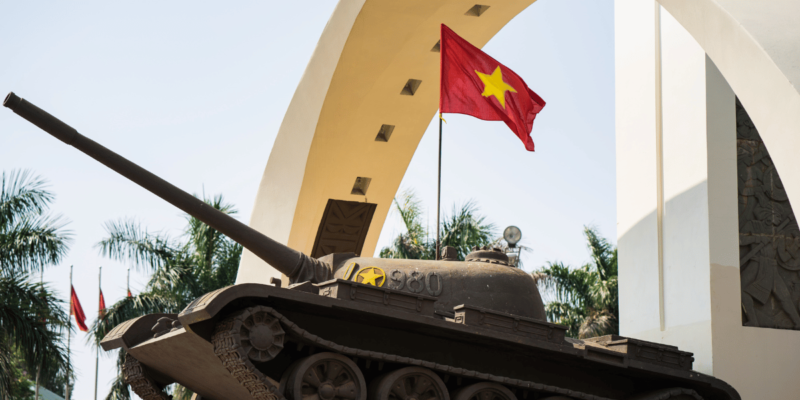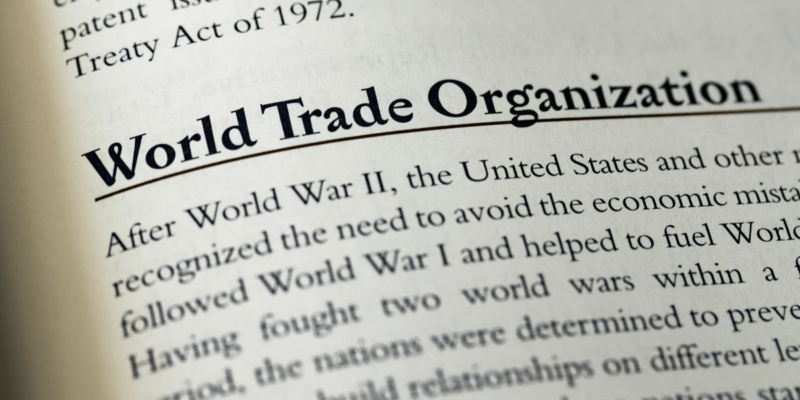Ho Chi Minh, one of the most influential figures in Vietnamese history, played a pivotal role in the country’s struggle for independence and its subsequent unification. Known for his leadership, resilience, and vision, Ho Chi Minh is not only celebrated in Vietnam but also recognized globally as a symbol of anti-colonial resistance. This article delves into the life, contributions, and enduring legacy of Ho Chi Minh, exploring his early life, political activism, leadership during pivotal moments, and his impact on both Vietnam and the world.

Early Life and Education
Born on May 19, 1890, in the village of Kim Lien in central Vietnam, Ho Chi Minh, originally named Nguyen Sinh Cung, grew up in a family deeply influenced by Confucian values. His father, Nguyen Sinh Sac, was a scholar and teacher who instilled in him a sense of national pride and a desire for independence from foreign rule. Ho Chi Minh’s early education took place in Hue, where he was exposed to French colonial rule and the inequalities it perpetuated.
His educational journey led him to travel extensively, seeking knowledge and experiences abroad. In 1911, he left Vietnam and worked on a French steamer, which allowed him to visit various countries, including the United States, the United Kingdom, and France. These travels broadened his perspective and exposed him to different political ideologies, particularly socialism and communism, which would later shape his revolutionary activities.
Political Activism and Formation of Ideology
Ho Chi Minh’s political awakening began during his time in France, where he joined various socialist groups and was actively involved in the anti-colonial movement. In 1920, he became a founding member of the French Communist Party, marking the beginning of his lifelong commitment to communism as a means to achieve national liberation.
In 1925, he established the Revolutionary Youth League of Vietnam, which aimed to educate and organize Vietnamese youth in the struggle against colonialism. His ideological development was heavily influenced by the works of Karl Marx and Vladimir Lenin, which he adapted to the Vietnamese context, advocating for a socialist revolution that would lead to independence and social justice.
Leadership in Vietnam’s Independence Movement
Ho Chi Minh’s leadership in Vietnam’s struggle for independence was marked by strategic brilliance and unwavering determination. In 1941, he founded the Viet Minh, a coalition of nationalist and communist forces dedicated to achieving independence from French colonial rule. His leadership during the August Revolution of 1945 was crucial, as the Viet Minh successfully seized control of Hanoi and other key cities, leading to the proclamation of the Democratic Republic of Vietnam on September 2, 1945.
Ho Chi Minh’s strategies during the First Indochina War (1946-1954) against French forces showcased his ability to combine guerrilla warfare with political diplomacy. Despite limited resources, he managed to secure significant victories, culminating in the decisive Battle of Dien Bien Phu in 1954, which forced France to negotiate and ultimately withdraw from Vietnam.
Role in the Vietnam War
During the Vietnam War (1955-1975), Ho Chi Minh served as the President and Prime Minister of North Vietnam, leading the country through one of its most turbulent periods. His leadership was characterized by a steadfast commitment to reunifying Vietnam under a communist government. Ho Chi Minh’s strategies included both military tactics and efforts to gain international support, particularly from the Soviet Union and China.
His ability to inspire and mobilize the Vietnamese people was evident in the resilience and determination displayed by the North Vietnamese forces and the Viet Cong. Although he passed away in 1969, before the end of the war, his legacy continued to influence the course of the conflict, which eventually resulted in the reunification of Vietnam in 1975.
Legacy and Global Influence
Ho Chi Minh’s legacy extends beyond Vietnam, resonating with anti-colonial movements worldwide. His successful leadership in the fight against colonialism made him a symbol of resistance and an inspiration to other nations striving for independence. In Vietnam, his contributions are commemorated through various memorials, including the Ho Chi Minh Mausoleum in Hanoi, where his body is preserved and honored.
Globally, Ho Chi Minh is remembered for his role in shaping the 20th-century geopolitical landscape. His influence on the global communist movement and his dedication to the principles of self-determination and social justice continue to be studied and admired.
Personal Traits and Public Perception
Ho Chi Minh was known for his modesty, simplicity, and dedication to his cause. His leadership style was characterized by a deep connection with the Vietnamese people, often referred to affectionately as “Uncle Ho.” He was a prolific writer and speaker, using his skills to communicate his vision and motivate his followers. His public perception was largely positive among the Vietnamese, who saw him as a liberator and a father figure.
Internationally, opinions varied, with some viewing him as a staunch communist leader while others recognized his contributions to national liberation and social justice. Regardless of perspective, Ho Chi Minh’s impact on history is undeniable, marking him as one of the most significant figures of the 20th century.
Conclusion
Ho Chi Minh’s life and legacy are integral to understanding Vietnam’s modern history. His dedication to independence, his strategic brilliance, and his ability to inspire a nation are testaments to his enduring influence. As Vietnam continues to develop and integrate into the global community, the values and lessons imparted by Ho Chi Minh remain relevant, reflecting a balance between tradition and progress.
References
- Duiker, William J. Ho Chi Minh: A Life. Hyperion, 2000.
- Quinn-Judge, Sophie. Ho Chi Minh: The Missing Years, 1919-1941. University of California Press, 2002.
- McLeod, Mark W. The Vietnamese Response to French Colonialism, 1862-1874. Praeger, 1991.
- Various reliable online sources and academic articles on Ho Chi Minh and Vietnamese history.

